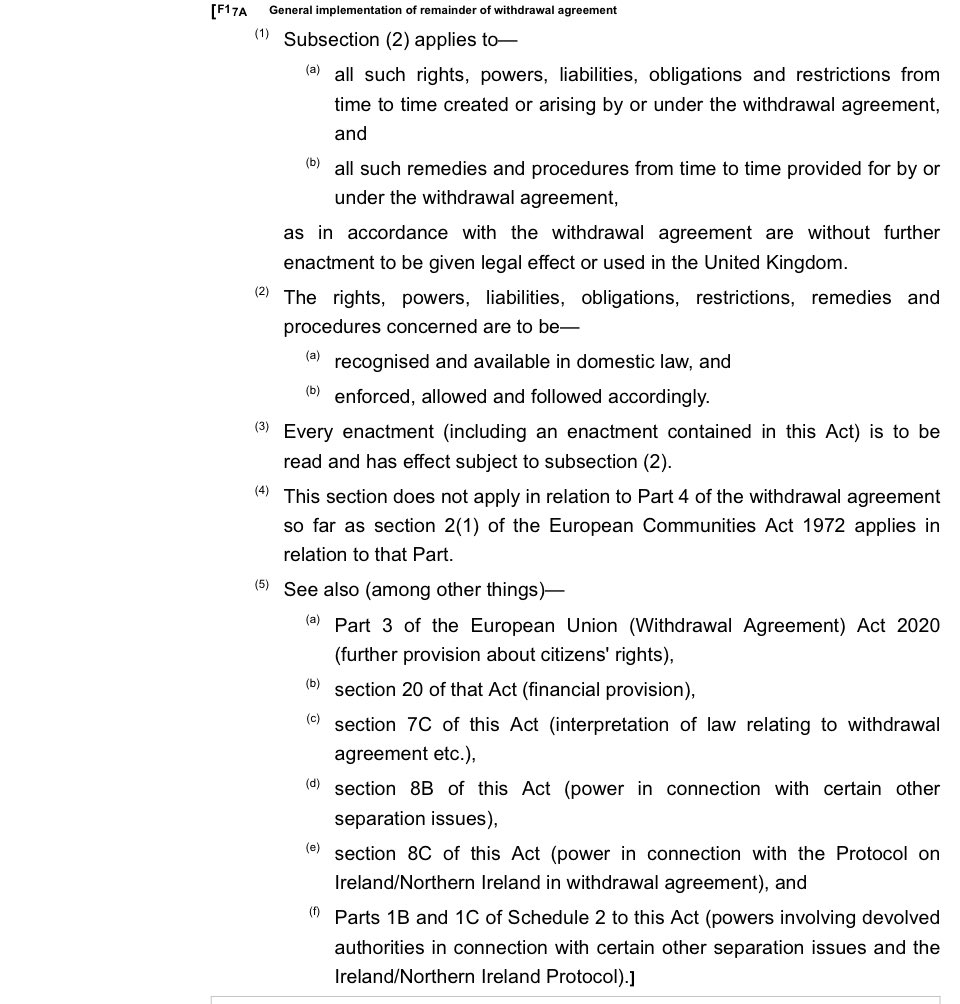
This is an interesting talk. A few comments (they deserve an essay but I’ll do my best).
https://twitter.com/RobertBuckland/status/1405502555661209602
1. The thesis that the rule of law is a difficult concept that may be being over-extended has some force. But that may be because it’s being used to do jobs that in a mature constitution would have been properly articulated: such as the boundary between courts and legislature.
2. These claims are not alternatives: they can be (and are) both true. The U.K. executive in the 50s/60s had an extraordinary amount of power (Hailsham’s “elective dictatorship”). It was constrained by “good chaps” understandings of how that power would be used. 

(a) We have rightly moved away from that model: devolution; the HRA; judicial review - all checks on unrestrained central executive power.
(b) the “good chaps” conventions are weaker: we see Henry VIII/Charles I powers; “fill in here” legislation giving huge powers to ministers to legislate more or less by decree; weakening of accountability to Parliament.
The move of going back to the 1950s (i) seeks to reverse welcome checks on executive power since then and (ii) ignores the various other ways in which the executive has been grabbing power since then. Reversing (i) while not reversing (ii) means a supercharged executive.
Under cover of a “back to the past” veneer, it aims at an executive free both of current restraints and of the informal, “good chaps”, restraints of the past. It is a power grab.
(NB that the @colmocinneide article @RobertBuckland quotes from makes the point - which, oddly, Buckland ignores - that there are very good reasons why we have been moving away from the old U.K. govt executive power model.)
3. The claim about the work that “rule of law” is being asked to do and on its (mis)use in recent cases is rather spectacularly not linked to the actual attacks on judicial review that the current government is pursuing.
What those proposals actually are: (a) an ill-conceived and incoherent proposal to make it easier to insulate undefined classes of decisions from judicial review at all and
(b) a proposal to allow unlawful executive decisions to have legal effects even if they exceed executive powers.
Neither proposal ties into (or is even claimed to tie into) Buckland’s point about over-use of the concept of “rule of law”.
4. This passage is just bizarre. What was at issue was a proposal to give the executive the power to infringe a treaty that it had signed less than 12 months previously. International law is law: and it is incoherent to exclude it from the scope of “rule of law” 

And the challenge to the rule of law was precisely that the current government - until stopped by such lefty radicals as Michael Howard and Ken Clarke in the Lords - avowedly and expressly planned to break (international) law.
Much more to be said: but I’m generally pretty unimpressed.
Tough but fair, by @ProfPech.
https://twitter.com/profpech/status/1406165663371218947
• • •
Missing some Tweet in this thread? You can try to
force a refresh





